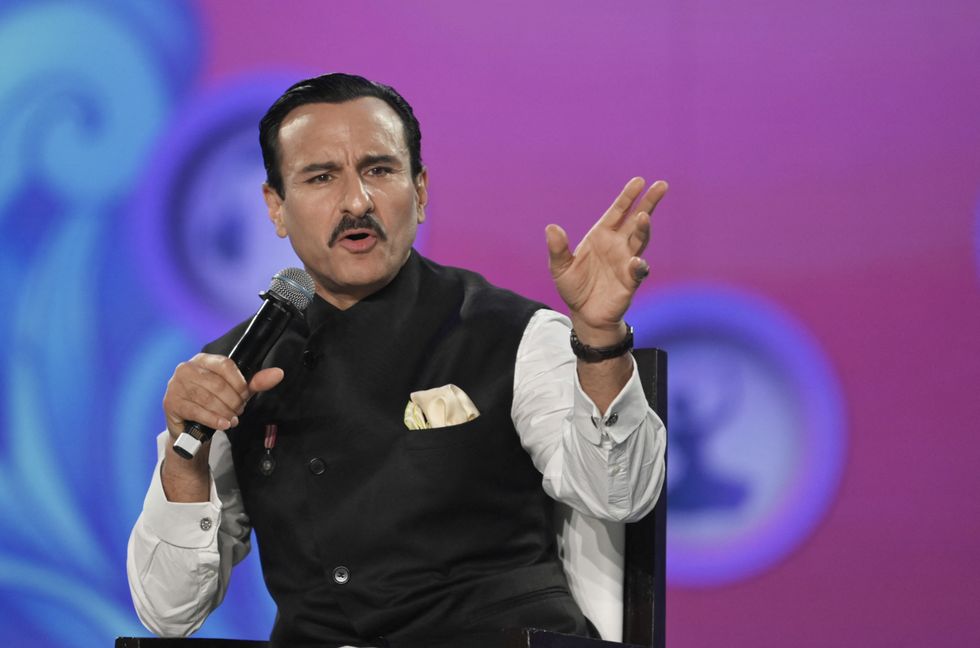THE CLOSURE of Ratcliffe-on-Soar power station in central England, which has been in operation for nearly 60 years, is a major step in the UK’s goal to decarbonise electricity by 2030 and become carbon neutral by 2050.
"The era of coal might be ending, but a new age of good energy jobs for our country is just beginning," Energy Minister Michael Shanks said.
Uniper, the owner of the plant, said the site will begin a two-year decommissioning process starting in October. The company stated that its 350 employees and contractors will either be moved to other roles or will leave the business by 2026.
Uniper plans to transform the site into a "carbon-free technology and energy hub."
This closure ends Britain’s 140-year reliance on coal for electricity, making it the first G7 country to eliminate coal power. Italy plans to follow in 2024, France by 2027, Canada by 2030, and Germany by 2038, while Japan and the US have no set deadlines.
"Britain has set an example the rest of the world must follow," said Doug Parr, policy director at Greenpeace UK. He also noted that more work is needed to phase out oil and gas in line with commitments made at COP28.
Coal played a crucial role in powering Britain’s Industrial Revolution, but its use has sharply declined. In the 1980s, coal made up 70 per cent of the country's electricity supply. By 2013, it had dropped to 38 per cent, and by last year, it accounted for just 1 per cent.
"Coal was the backbone of the UK’s power generation for over a century, but its place is now in the history books," said Tony Bosworth of Friends of the Earth. He added that the next step is to move away from gas and develop the UK's renewable energy potential.
In 2023, a third of the UK's electricity came from natural gas, while wind power accounted for a quarter, and nuclear energy for 13 per cent, according to National Grid ESO.
The new Labour government aims to further reduce carbon emissions. Since taking office in July, they have launched a green energy plan, including public investments in offshore wind, tidal power, and nuclear energy.
In recent years, Ratcliffe-on-Soar, which had the capacity to power two million homes, was mainly used during periods of high electricity demand. Its last coal delivery this summer supplied around 500,000 homes for just eight hours.
Britain’s use of coal for electricity dates back to 1882, when the world’s first coal-fired power station was built in central London.
(With inputs from AFP)






 Saif Ali Khan’s royal inheritance in Bhopal declared enemy property after court verdictGetty Images
Saif Ali Khan’s royal inheritance in Bhopal declared enemy property after court verdictGetty Images  Saif Ali Khan with family Getty Images
Saif Ali Khan with family Getty Images An exterior view of the Noor Us Sabah Palace now listed under enemy property Getty Images
An exterior view of the Noor Us Sabah Palace now listed under enemy property Getty Images Saif Ali Khan loses claim to Pataudi family properties as court cites Pakistan connectionGetty Images
Saif Ali Khan loses claim to Pataudi family properties as court cites Pakistan connectionGetty Images








 Lewis Hamilton topped FP1 and finished third in FP2Getty Images
Lewis Hamilton topped FP1 and finished third in FP2Getty Images


 Aaradhya Bachchan has no access to social media or a personal phoneGetty Images
Aaradhya Bachchan has no access to social media or a personal phoneGetty Images  Abhishek Bachchan calls Aishwarya a devoted mother and partnerGetty Images
Abhishek Bachchan calls Aishwarya a devoted mother and partnerGetty Images Aaradhya is now taller than Aishwarya says Abhishek in candid interviewGetty Images
Aaradhya is now taller than Aishwarya says Abhishek in candid interviewGetty Images Aishwarya Rai often seen with daughter Aaradhya at public eventsGetty Images
Aishwarya Rai often seen with daughter Aaradhya at public eventsGetty Images